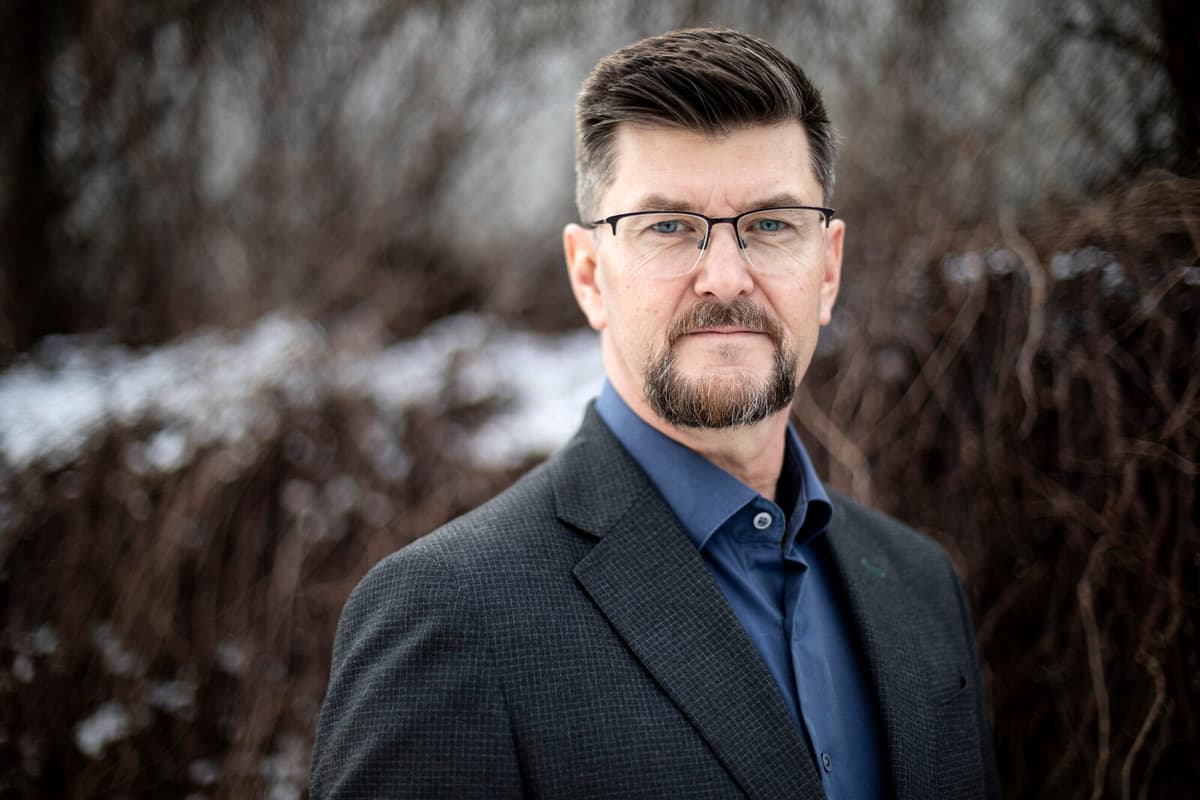It has, according to Levin – who is the head of the institute for Turkey studies at Stockholm University – happened partly because the gangs have been kicked out of Spain, which has started to cooperate more with other EU countries' authorities.
Partly because it "more or less" is possible to buy a Turkish citizenship by investing in real estate.
There is also a high degree of corruption both at local and other levels in Turkey, so one has been able to bribe police and the like, he says.
Does not extradite
Paul Levin does not think it is surprising if Swedish and Turkish authorities have cooperated in the case of gang leader Ismail Abdo. Such contacts began already in connection with the NATO negotiations.
It was not just Turkey that wanted increased dialogue on terror issues then, but Swedish authorities were interested in establishing closer dialogue to get to grips with the part of organized crime that originates from Turkey, says Levin.
Abdo is a Turkish citizen. This complicates the issue of a potential extradition of him to Sweden.
Turkey does not extradite its own citizens, says Levin.
Difficult to achieve
But according to him, there may be ways for Turkey to get around it. One option could be a process where the citizenship itself is reviewed, if Abdo for example lied in the application process. In Turkey, it is possible to revoke citizenship.
The other option is so-called transferred prosecution, he says.
This means that he would be prosecuted in Turkey instead of Sweden. But according to Paul Levin, such cases have previously been difficult to achieve.






